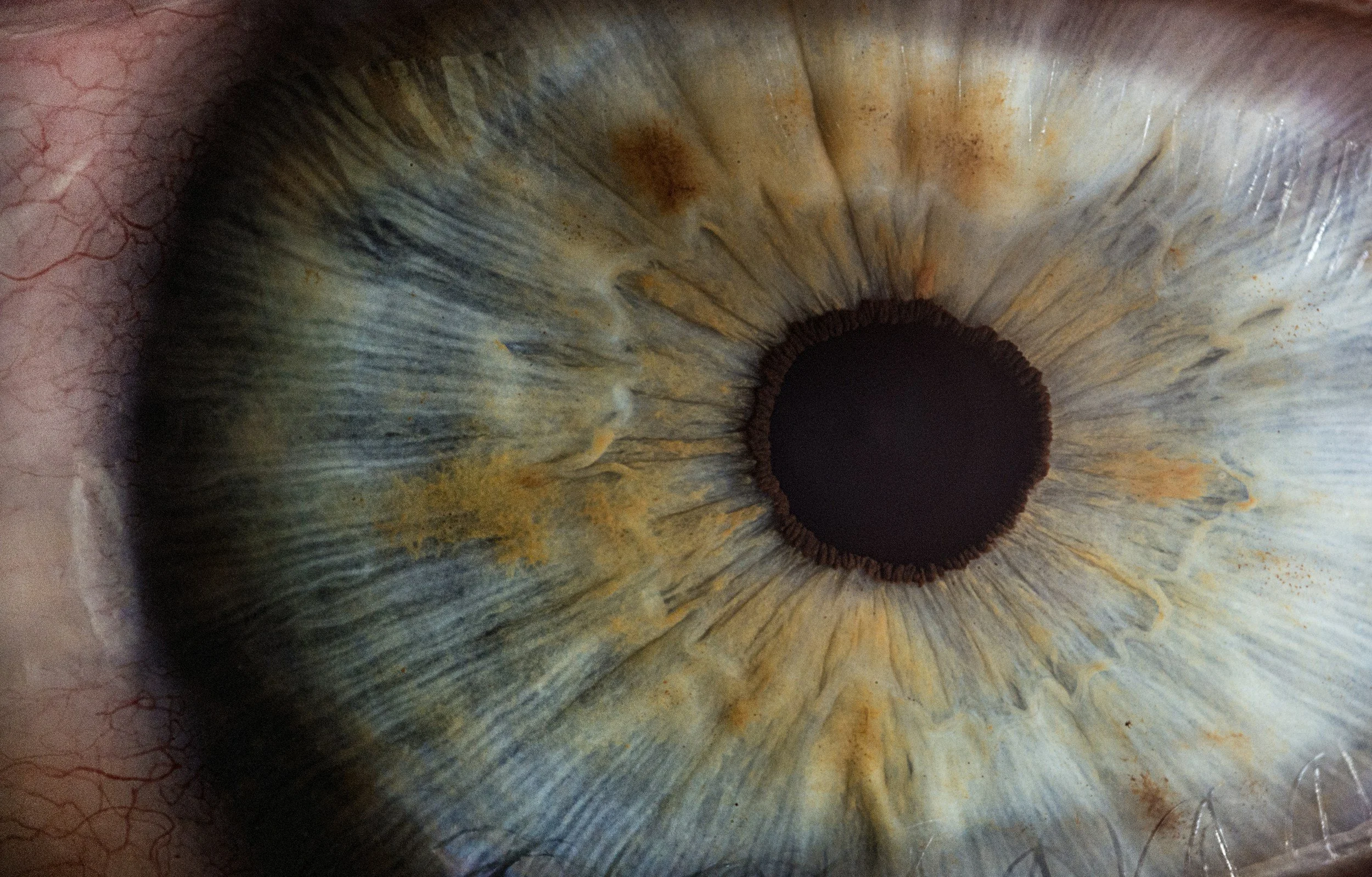Your mother had glaucoma? You see ‘flies’ in the middle of winter? You have watery eyes, but you are told that you have dry eyes? We know that a lot of informations can be provided during an eye exam. This is why you will find here explanations of the most frequent pathologies in optometry.
Ocular emergencies
You have an acute eye pain? You woke up with a red eye? Lids stuck together or swollen? Light sensitivity? You probably have an eye infection or irritation. Several conditions can explain your discomfort, such as an allergy, conjunctivitis, stye, abrasion or uveitis. Indeed, the eye is very sensitive and its different structures can react to irritants and can also be contaminated by viruses or bacteria. Your optometrist will be able to examine you as soon as possible and treat your condition if necessary.
To book an appointment for an emergency, contact us at :
514-521-1515 (Plateau) or 514-279-8888 (Villeray)
Dry eyes
You have burning, red or watery eyes? A feeling of sand or pressure in the eyes? Blurred vision when reading? All of these manifestations are classic symptoms of dry eyes. This common problem is a chronic condition due to a multitude of factors including taking medication, certain inflammatory diseases and, of course, prolonged use of screens. Depending on the severity of the signs and symptoms, several treatments can be initiated by your optometrist. Do not hesitate to discuss it during your eye exam in order to be taken care of!
Posterior vitreous detachment (Floaters/Flashes)
Do you sometimes see small black dots, wires or cobwebs in your field of vision? This is completely normal. These are debris floating in the gel on the back of your eye, the vitreous. If however these floaters increase, or are accompanied by light flashes, it means that there is a change in the structure of the vitreous. Indeed, with age, this gel naturally liquefies until it detaches from its anchor points in the retina and floats freely. This process is physiological, but it can sometimes have an impact on the retina, which could lead to a hole, a tear, or worse, a detached retina. In case of a new onset of floaters of flashes, it is essential to make an appointment quickly to check the retina with pupil dilation.
Cataracts
As you acquire more wisdom (some call it ‘age’), one of the most common eye problems is cataracts. It is the loss of transparency of the natural lens of the eye. This physiological process is mainly due to time, but other factors including UV rays, diabetes or long-term cortisone intake can also accelerate the onset of this condition. The main symptoms are constant blurred vision (cloudiness), increased glare and difficulty driving at night. When cataracts are bothersome, surgery can be performed by an ophthalmologist to replace this clouded lens by an artificial lens. Ask your optometrist if you need a cataract surgery.
Glaucoma
Glaucoma is a condition affecting the optic nerve. The two most common types of glaucoma are primary open-angle glaucoma and primary angle-closure glaucoma. The first one is frequently (but not always) associated with high ocular pressure. The second is caused by the narrowing of the drainage structure of the eye, the iridocorneal angle. In both cases, the fibers of the optic nerve become compromised and begin to wither, which can lead to an irreversible loss of visual field. Glaucoma is often asymptomatic; it is therefore essential to have a frequent eye exam to verify the integrity of the structures involved.
Age-Related Macular Degeneration
Age-related macular degeneration is an irreversible condition that affects the central part of the eye responsible for perceiving detail, the macula. This condition mainly affects people over the age of 60 and the main risk factors are smoking and exposition to UV rays. When affected, the cells of the macula can no longer eliminate metabolic waste, which creates deposits in the deep layers of the central retina. The cells then no longer have access to the necessary nutrients and become less and less functional. AMD can be a gradual loss of the retina's layers (dry AMD) or cause an abnormal new vessels growth (wet AMD). Different treatments may be indicated in this case, so it is important to consult an optometrist quickly if you notice a decrease in vision.
For more information : Association des optométristes du Québec







